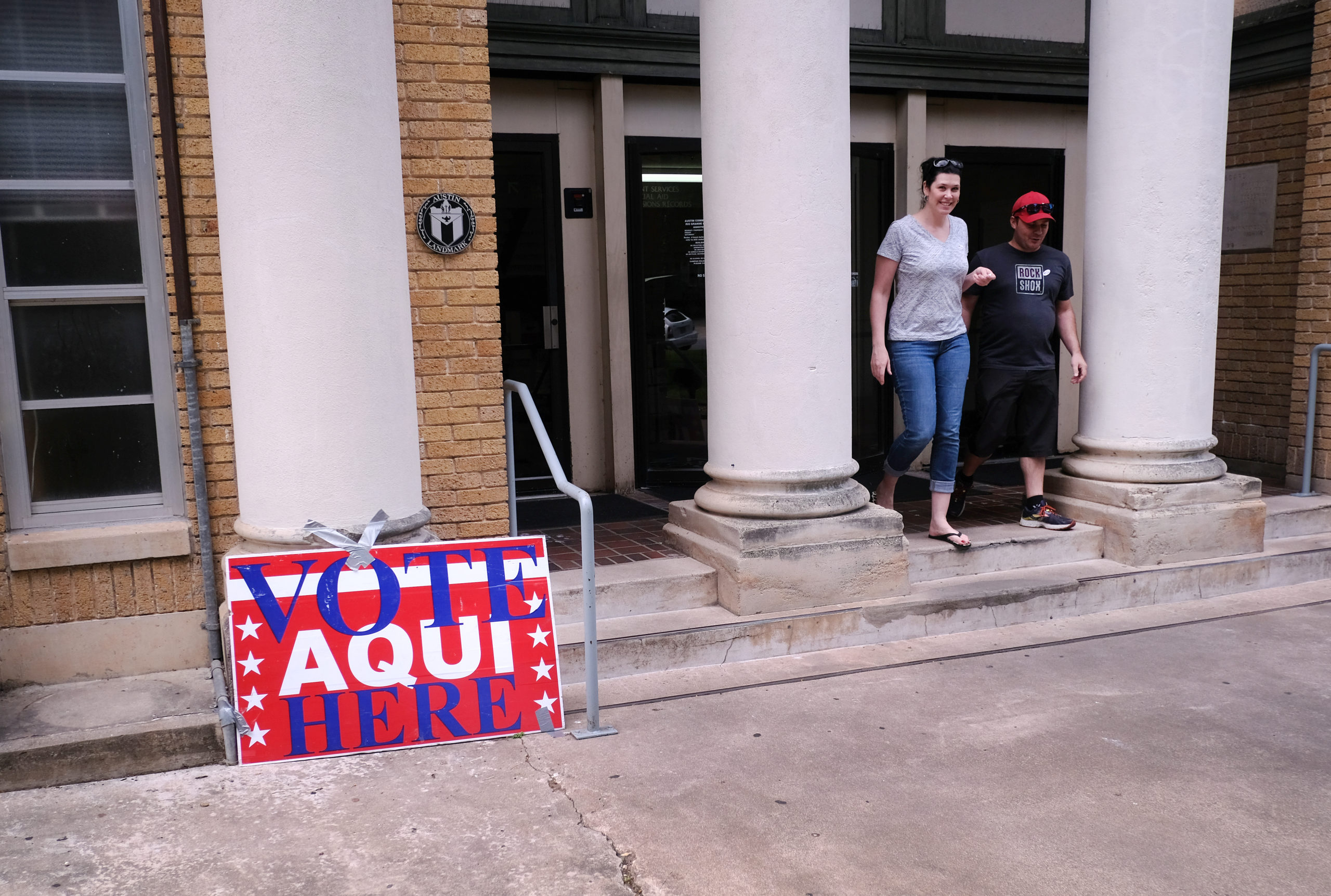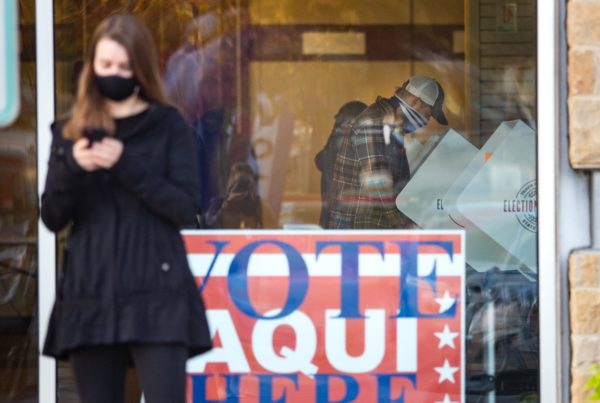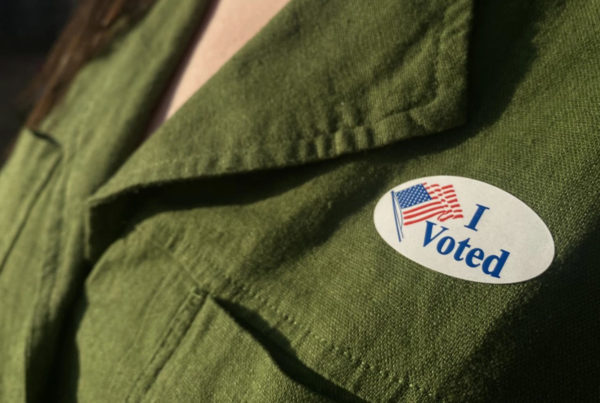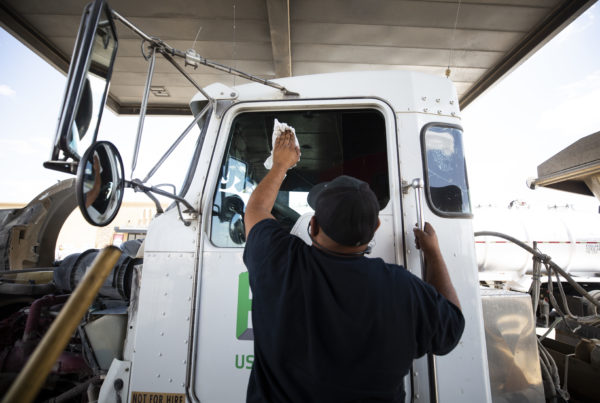Texas has become a centerpiece in the national conversation over efforts to restrict voting. The Lone Star State is one of several states that enacted new voting restrictions after the 2020 election. Just over a year ago, Gov. Abbott signed a bill into law that many Democrats and other critics say puts up new barriers to voting for marginalized voters.
As the Texas Tribune reported last year, the new rules were specifically aimed at Harris County, the state’s most populous and diverse county. Legislation included bans on overnight, early voting hours and drive-thru voting— both of which were popular among voters of color in 2020.
In the past, political parties would target outreach and get-out-the-vote efforts based on how the polls were trending and what opinion surveys revealed about how to stimulate interest in various communities. Now, fewer poll participants, increased voter registration and Texas’ large Hispanic population have made it increasingly difficult for polls to accurately predict voter behavior.
Jeremy Wallace, political reporter for the Houston Chronicle and San Antonio Express-News, joined the Texas Standard to discuss how less accurate polling could impact the upcoming midterm elections. Listen to the story above or read the transcript below.
This transcript has been edited lightly for clarity:
Texas Standard: You know, let’s go back to the 2016 election, if we can. I know that the accuracy of political polling was called into question, not talking about the actual casting of ballots here, but just the polls. A lot of people were concerned that the polls just really were way off the mark. Can you tell us about the discrepancies that led to that and in Texas specifically?
Jeremy Wallace: Yeah, Texas had a particularly big problem. You know, in 2016, pollsters all around the nation are having a hard time getting people to respond to polls. But what we saw in 2016 is that their ability to reach non-college educated white men who were very supportive of Trump, you know, was really difficult for them. They weren’t able to reach those people. And so a lot of the polls did not pick up how much support President Trump actually did have at that time period. And it was repeated again in 2020 where you saw a lot of polls were just off in how they assessed the support for President Trump. Even in Texas, there were some polls that had Joe Biden winning because they just couldn’t see how many Trump supporters were out there who were just not answering the phone.
Well, so I think that a lot of people have seen the polls as having a disproportionate impact on the ultimate outcome in elections. And you write about how the decline in participation in polls may lead to more inaccuracy. Say a little bit more about what sort of participants are actually taking these polls today and how much the numbers have dropped over the years.
Yeah. And like I said, you know, polling across the nation is a struggle right now. Look, these pollsters have a lot to do to try to reach people who just don’t want to answer the phone anymore in the advent of smartphones and what have you, right? But, you know, it’s particularly difficult in Texas. And why is that? It’s because in our voter registration, people do not self-select if they are Hispanic or not Hispanic. And that’s a big difference from other states like Florida that do have that. And so when the pollsters get that voter data, they don’t know who the Hispanic voters are. And so there’s like literally hundreds of thousands of Hispanic voters who will never be seen by a pollster or talked to to get their sense of it. And that becomes a problem when you see the participation for Hispanic voters has just been going off the charts. You know, there was a 76% increase in Hispanic participation in that 2018 election. And the pollsters just could not assess who was coming or how. And it probably showed why all the polls were showing Democrats underperforming when they actually over-performed. So there’s a lot of problems specifically in Texas that pollsters are struggling to work with and they’ll be the first ones to admit it. You know, they know that they have problems right now and they’re trying to figure out how to kind of jerry-rig their polls with waiting and other things to kind of try to scientifically show something.
And then there’s also this phenomenon of hidden Trump voters. Who are they and how do they affect polling accuracy?
Yeah, that’s a big deal, right? That’s what’s been throwing off those presidential cycles, not just in Texas, but you saw them in the upper Midwest where none of the polls showed Trump winning Wisconsin, Michigan or Pennsylvania. It’s those people that pollsters are having a hard time getting hold of because, you know, think of who they are. They are distrusting of a lot of government organizations and things like that. And there’s almost a dedicated effort not to respond to polls because they think that they’re fake and so they’re not participating. So pollsters are having to try to figure out, well, who is participating? And what they saw in 2016, in 2020, they had Republicans and conservatives participating, but they weren’t Trump voters. And so there was like more of a moderate anti-Trump response than a full Trump response. So that just threw off all the numbers. And so you can see they’re having trouble on both ends of the political spectrum in trying to get these polls right. And it’s not an even split, right? You know, it’s not like, “okay, so we can’t reach the Trump people. We can’t reach Hispanic voters and Black voters very well. And so it all evens out.” No, it’s not evening-out. You know, we’re having wild swings. One polling company can tell you that’s a 26-point race and another can tell you it’s an 8-point race. And that doesn’t seem scientifically relevant at all.














